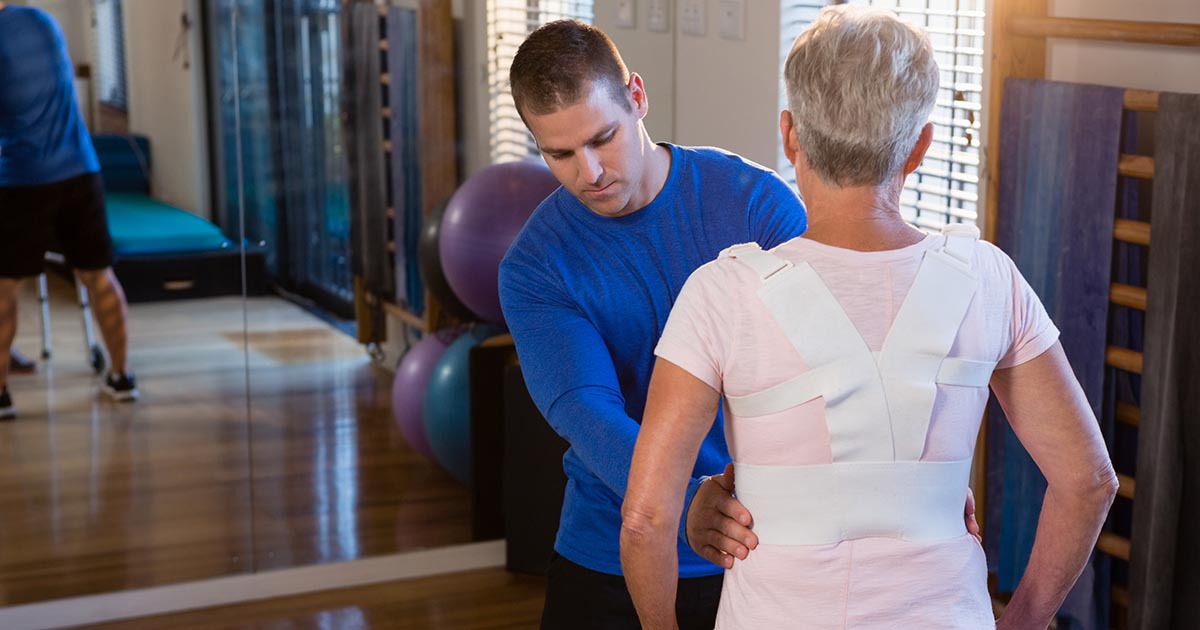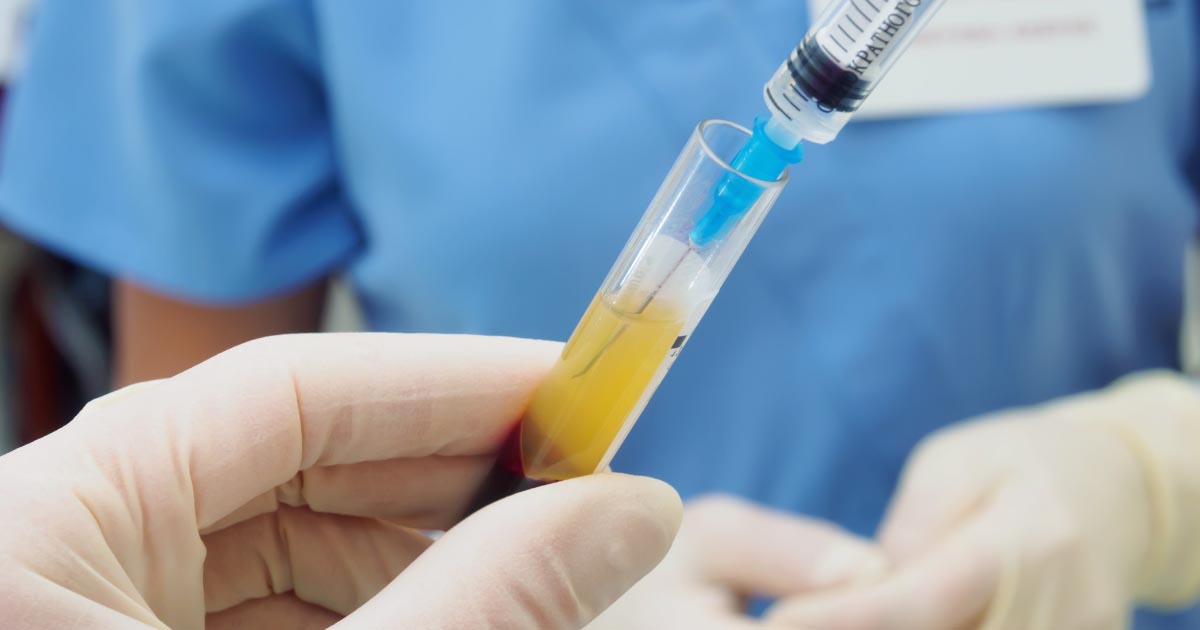Treatment Options For Amyotrophic Lateral Sclerosis
Amyotrophic lateral sclerosis (ALS), occasionally referred to as Lou Gehrig's disease, is a devastating and fatal neurodegenerative condition. It frequently strikes individuals in the prime of their life and causes severe dysfunction progressing to death over around three years on average, with approximately five thousand new cases diagnosed in the United States every year. ALS causes motor neurons in the spinal cord to die.
Initial symptoms include difficulty using the feet and hands and slurring speech. The condition then progresses to complete paralysis, including the need for a ventilator. The most horrific aspect of amyotrophic lateral sclerosis is while the body fails, the mind remains intact. While there is currently no cure, some treatment options can delay progression.
Therapies

A variety of different therapies can be used to help relieve the symptoms of amyotrophic lateral sclerosis. Physical therapists can devise assorted therapies to help with difficulties in using the legs and arms. They can also be helpful in identifying the appropriate braces and walking assistance devices and can assist patients in deciding when to transition to a wheelchair. Physical therapy can also improve the patient's feelings of well-being and their quality of life. As the disease progresses, patients experience difficulties in breathing, swallowing, and speaking, and professionals in these various fields can assist in developing various approaches to improve each patient's capacity in performing these essential functions.
Nutritional Support

Malnutrition is a troubling side effect of amyotrophic lateral sclerosis that can speed its progression. ALS patients have trouble obtaining and preparing food, and as the condition progresses, they can have trouble chewing and swallowing food. Intervention by a dietitian to prevent malnutrition through nutritional support can significantly delay the progression of the disease. Dietitians need to work closely with speech and swallowing therapists to devise an adequate diet the patient can access and swallow. As the disease progresses, most patients will need a feeding tube placed for sufficient nutrition. Proper nutritional support can increase an amyotrophic lateral sclerosis patient's lifespan by up to eight months.
Psychological And Social Support

Psychological and social support are essential components in helping amyotrophic lateral sclerosis patients. They rapidly become unable to work or care for themselves and thus require assistance from social workers and caregivers. Family members who choose to become caregivers may also require psychological and social support. Many ALS patients experience serious depression and reduced quality of life after diagnosis, and as the disease progresses, they require high levels of psychological and social support to accept the diagnosis and adapt to its limitations and inevitable fatal outcome. Providing support to amyotrophic lateral sclerosis patients can improve their mental status, which leads to better physical health and a slower progression of the disease.
Stem Cell Treatment

Although it is still considered experimental and unproven, stem cell therapy is a promising treatment for amyotrophic lateral sclerosis. Stem cells are primitive undifferentiated cells found in the bone marrow, fatty tissues, and blood of adult humans. When placed in the proper environment, they can differentiate into a variety of new cells that can replace the function of damaged or dying cells. The hope is isolation, concentration, and re-injection of stem cells into the spinal cord will lead to the development of new motor neurons that can take over the function of the dying motor neurons in ALS patients. Some early clinical trials have shown promising results, with stem cell treatments being shown to be safe and to possibly decrease the rate of progression of the disease.
